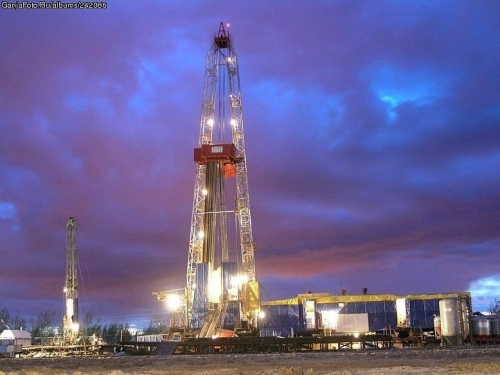Oil dealers ought to anticipate that costs will pullback by no less than 15 percent over the coming months, as indicated by a senior examiner at Commerzbank.
Oil costs rose to their most elevated amounts since mid-2015 on Wednesday in the midst of political distress in Iran, notwithstanding investigators saying there was little danger of supply disturbance from OPEC's third biggest maker. And keeping in mind that long positions have soar, short positions — or wagers that costs will fall — have plunged to their least levels since February lately.
The oil value rally is "unquestionably because of enormous overheating of the examiners and is probably going to rectify throughout the following month," Eugen Weinberg, head of items inquire about at Commerzbank, told CNBC on Friday.
"(I expect) the cost of oil to redress by no less than 10 to 15 percent over the coming months in light of the fact that the present essentials are not supporting this sort of quality," Weinberg said.
Oil costs withdrew from their most elevated amount in 2.5 years on Friday as surging U.S. generation seemed to counterbalance supply fears fed by hostile to government arouses in Tehran. Brent rough exchanged at $67.38 a barrel at around 12 p.m. London time (7 a.m. ET), down 1 percent, while U.S. rough was seen at $61.41, down 0.9 percent.
Goldman, Morgan Stanley raise 2018 oil value estimates
While most resource classes recorded picks up in 2017, Weinberg said the items segment had been kept down by a blend of financial approach choices and geopolitical variables. In any case, he contended the most critical segment for items toward the start of 2018 was speculation movement.
Theoretical wagers that U.S. unrefined costs will rise have surged since September as OPEC and 10 other united makers, including Russia, secured an arrangement to keep topping their oil generation. The assention has cleared a worldwide supply shade and deplete reserves of raw petroleum.
In December, Goldman Sachs and Morgan Stanley both raised their individual oil value conjectures, refering to a more grounded than-foreseen OPEC-drove responsibility regarding expand yield cuts. The cuts, which began in January 2017, are ready to proceed through all of 2018.
The cost of oil crumbled from nearly $120 a barrel in June 2014 because of frail request, a solid dollar and blasting U.S. shale generation. OPEC's hesitance to cut yield was additionally observed as a key explanation for the fall. Yet, the oil cartel soon moved to check creation — alongside other oil delivering countries — in late 2016.




